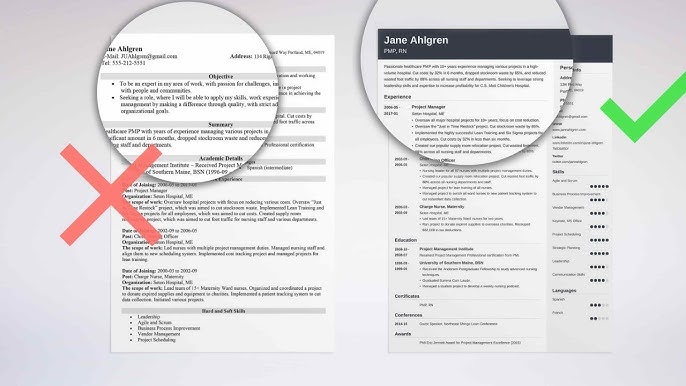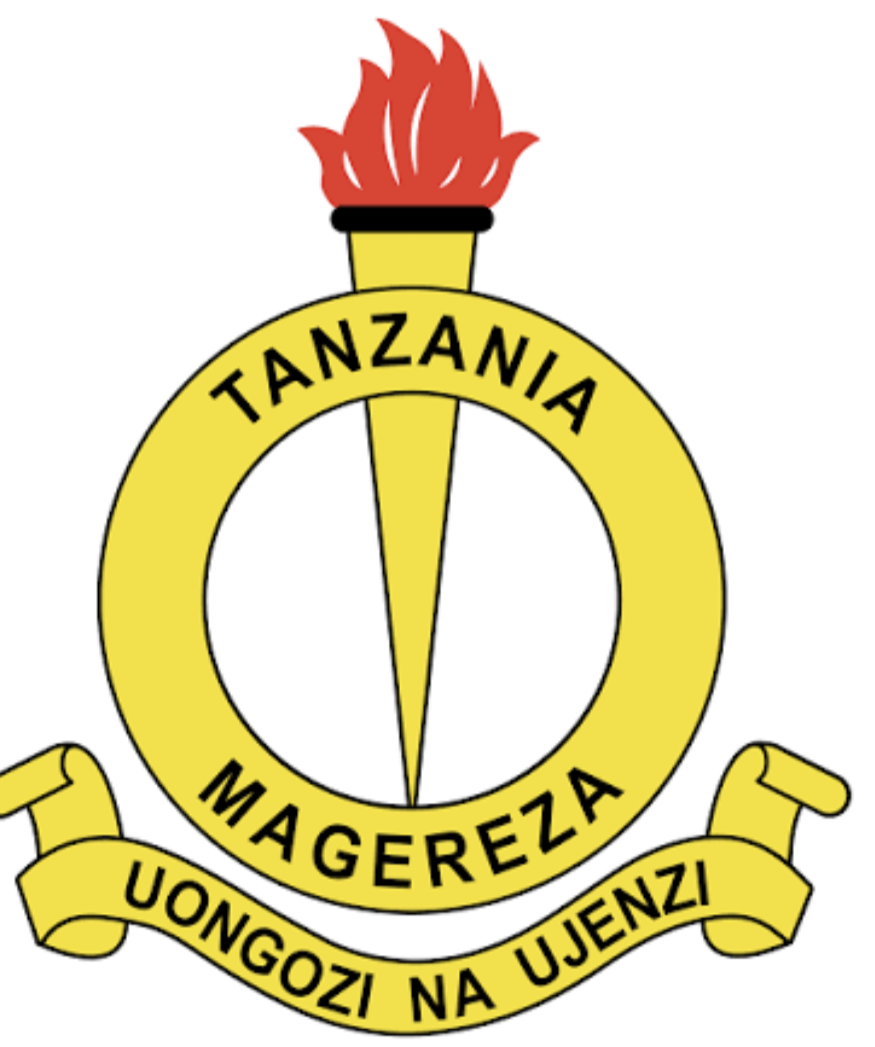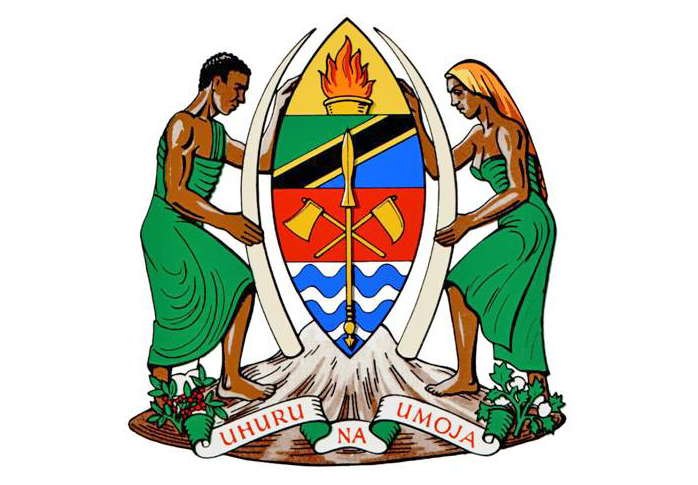How to Write a Professional CV That Stands Out in a Competitive Job Market
Your Curriculum Vitae (CV) is more than a list of qualifications it’s your personal marketing document. It introduces you to potential employers, showcases your achievements, and explains why you are the right fit for a role.
In today’s highly competitive job market especially when applying through platforms like the Ajira Portal your CV must be clear, compelling, and professionally structured.
This guide provides a practical roadmap on how to write a CV that captures attention and positions you as a strong candidate.
1. Start with Your Full Legal Name
Your CV should begin with your official full name, written in capital letters exactly as it appears on your academic certificates or NIDA card.
This ensures consistency during background verification and prevents administrative confusion.
Example:
JOHN PETER MWAKYEMBE
Pro Tip: Avoid using nicknames or abbreviations — official records matter.
2. Write a Short Professional Summary

A professional summary is your personal pitch — a concise, powerful introduction that sets the tone for your CV.
In 3–5 sentences, summarize your background, experience, and key skills while hinting at your career goals. Focus on what makes you valuable to an employer.
Example:
“A passionate and result-driven Human Resource professional with over five years of experience in recruitment, training, and employee relations. Committed to helping organizations build strong, motivated, and productive teams.”
Pro Tip: Tailor this section for each job you apply for. Align your strengths with the organization’s goals.
3. Include Accurate Personal Information
Employers must know who you are and how to contact you. Include only essential personal details — enough for identification and communication.
| Detail | Example |
|---|---|
| Date of Birth | 15 March 1998 |
| Gender | Female |
| Marital Status | Single |
| Nationality | Tanzanian |
| Contact | +255 712 345 678 / yourname@email.com |
Pro Tip: Use a professional email address (e.g., firstname.lastname@email.com). Avoid casual ones like cutegirl@gmail.com or smartboy@yahoo.com — they can damage your professional image.
4. Educational Background
Your education tells employers your academic foundation and technical capability.
List your qualifications from highest to lowest, including the institution name, year of completion, and qualification awarded.
Example:
- Master of Science in Human Resource Management – Mzumbe University (2015)
- Bachelor of Laws (LLB) – University of Dar es Salaam (2012)
- Advanced Certificate of Secondary Education – Newala Secondary School (2003)
- Certificate of Secondary Education – Zanaki Secondary School (2000)
Pro Tip:
- Keep formatting consistent same font, size, and bullet style.
- Do not exaggerate qualifications employers verify academic records.
5. Work Experience
This section is the heart of your CV. It shows how you’ve applied your skills in real-life professional settings.
List your work experience starting with your most recent role. Include your job title, organization name, duration, and main duties or achievements.
Example:
Human Resource Officer – ABC Company Ltd (2018 – Present)
- Managed employee recruitment and onboarding processes
- Oversaw performance management and training programs
- Ensured compliance with labor laws and company policies
Assistant HR Officer – XYZ Ltd (2015 – 2018)
- Supported payroll management and attendance tracking
- Maintained staff records and coordinated employee welfare activities
Pro Tip: Use action verbs such as managed, developed, led, coordinated, or implemented.
Where possible, quantify your impact — e.g., “Trained 150+ employees on performance management.”
6. Referees (Sponsors)
Referees give your CV credibility. They confirm your qualifications, ethics, and work performance. Include at least three reliable referees who know your professional background.
Example:
Dr. John Mushi
HR Director, ABC Company
Phone: +255 714 234 567
Email: john.mushi@abc.co.tz
Prof. Amina Mwakyusa
Lecturer, Mzumbe University
Phone: +255 713 111 222
Email: amina.mwakyusa@mzumbe.ac.tz
Pro Tip: Always inform your referees before listing them. This ensures they are prepared if contacted by potential employers.
7. Declaration and Signature
End your CV with a clear, formal declaration confirming the accuracy of the information provided. Then sign and date it.
Example:
“I hereby declare that the information provided above is true and accurate to the best of my knowledge.”
Signature: ___________________
Date: ___________________
This adds a professional touch and demonstrates integrity.
8. Design and Formatting Tips
Your CV should be clean, consistent, and easy to read. Remember: first impressions are visual before content is read.
- Length: Keep it between 2–3 pages (ideal for most professionals).
- Font: Use clear fonts like Calibri, Arial, or Times New Roman (size 11–12).
- Layout: Use consistent spacing and bullet points. Avoid clutter.
- File Format: Save and upload your CV in PDF format unless otherwise instructed.
Pro Tip:
Rename your file professionally — e.g., John_Mwakyembe_CV_2025.pdf instead of mynewcvfinal(2).docx.
9. Tailor Your CV for Every Application
Avoid sending one generic CV to every employer. Instead, adjust your professional summary, keywords, and experiences to match the job description.
Recruiters especially those on Ajira Portal use automated systems that scan CVs for specific keywords.
If your CV doesn’t reflect the exact skills mentioned in the job advert, it may never reach human review.
Pro Tip: Study each job advert carefully. Reflect the same phrases used in the “Required Qualifications” or “Duties” section within your CV naturally and truthfully.
10. Common Mistakes to Avoid
- Spelling and grammatical errors always proofread your CV.
- Using long paragraphs instead of bullet points.
- Adding unnecessary personal details (religion, tribe, or ID numbers).
- Omitting contact information or using an unprofessional photo.
- Exaggerating experiences it’s easily verifiable and damages credibility.
Conclusion
A professional CV is your career passport it opens doors and creates opportunities before you even speak. Whether you’re applying through the Ajira Portal, LinkedIn, or directly to an employer, your CV should present you as competent, confident, and ready to deliver results.
Invest the time to refine your CV — structure it clearly, highlight your strengths, and communicate your story effectively.
In a crowded job market, your CV isn’t just a document it’s your first interview on paper. Make it count.


